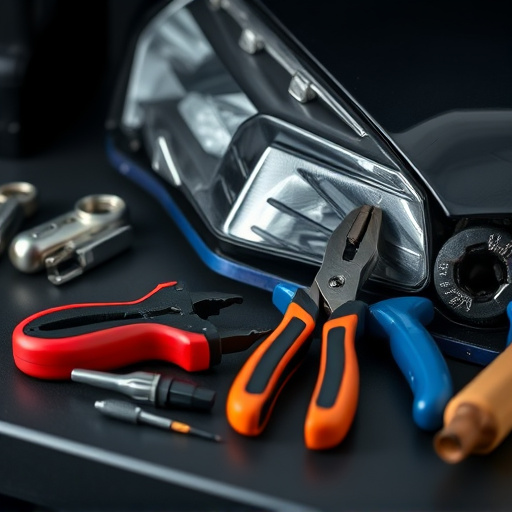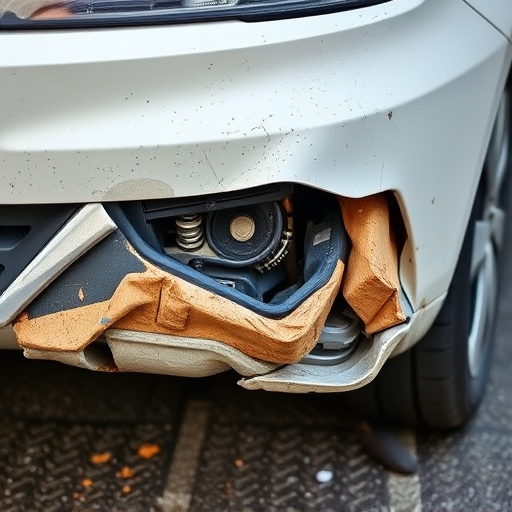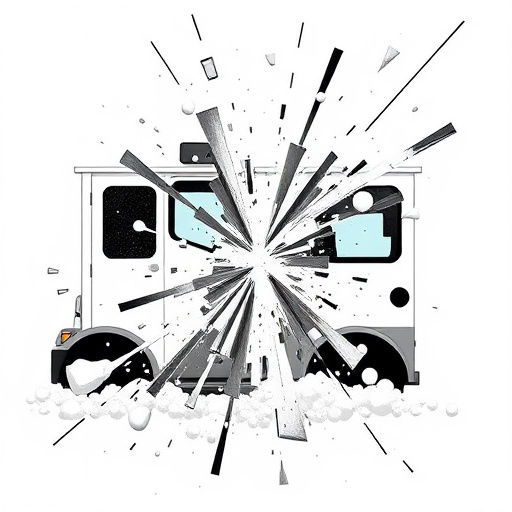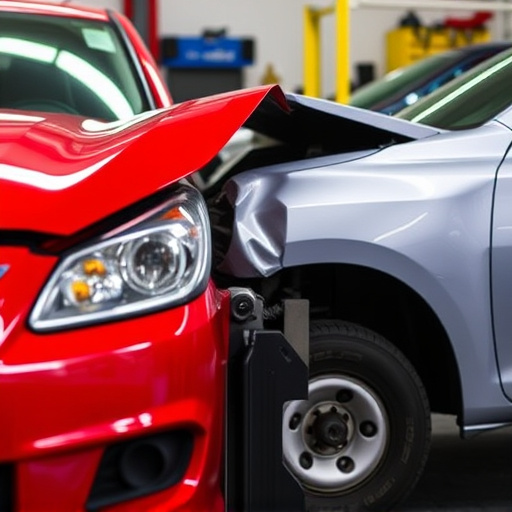A Repair Authorization Service (RAS) is crucial for automotive businesses, ensuring legal compliance and customer protection in collision repair and maintenance. By managing expectations and streamlining approvals, RAS prevents disputes and unauthorized work, enhancing trust among shops, insurers, and clients. Implementing a robust RAS system is vital for operational efficiency and integrity in the auto industry.
The rise of digital technology has transformed how we manage and maintain assets, introducing complex regulatory landscapes. Among these, repair authorization services (RAS) play a pivotal role in legal compliance for various industries. This article delves into the essentials of RAS, exploring their legal implications and offering insights on ensuring adherence through effective implementation strategies. Understanding these aspects is crucial for businesses aiming to navigate this evolving regulatory terrain successfully.
- Understanding Repair Authorization Service Basics
- Legal Implications of Repair Authorization Services
- Ensuring Compliance Through Proper Implementation
Understanding Repair Authorization Service Basics

A Repair Authorization Service (RAS) is a crucial component for any business operating within the automotive industry, particularly those offering collision repair and automotive maintenance. At its core, RAS involves obtaining permission from an insurance company or relevant entity before initiating specific repair works on damaged vehicles. This authorization process ensures that all repairs adhere to legal and contractual guidelines, protecting both the consumer and the service provider.
In the context of collision repair services and car scratch repair, a RAS plays a vital role in managing expectations and facilitating efficient service delivery. For instance, when a client brings their vehicle for a car scratch repair, the authorized service center will first obtain approval from the insurance company to confirm coverage and terms. This not only ensures that the client avoids any out-of-pocket expenses but also guarantees that the chosen repair method aligns with industry standards and legal compliance.
Legal Implications of Repair Authorization Services

The implementation of a robust repair authorization service is not merely a matter of efficient operations; it carries significant legal implications in the automotive industry. These services play a pivotal role in ensuring compliance with various regulations, particularly when dealing with collision repair, vehicle dent repair, and auto glass replacement.
By streamlining the approval process, repair shops can mitigate potential legal risks associated with unauthorized work. This is especially crucial as customers often bring their vehicles for specific repairs, expecting only those services to be rendered. A well-defined repair authorization service ensures that all work performed aligns with the customer’s consent and documented needs, thereby safeguarding both businesses and consumers from disputes related to unapproved procedures, excessive charges, or workmanship issues.
Ensuring Compliance Through Proper Implementation

Implementing a robust repair authorization service (RAS) is key to ensuring legal compliance for auto body shops and collision centers. A well-structured RAS system meticulously documents and authorizes repairs, reducing the risk of disputes with insurance providers or customers. By standardizing the approval process, this technology prevents unauthorized work, ensuring only legitimate and necessary repairs are conducted.
Moreover, a sophisticated RAS facilitates efficient communication between shop staff, insurers, and clients. This streamlined approach to car dent removal and other auto body repair services not only enhances accuracy but also fosters trust among stakeholders. As a result, collision centers can maintain high standards of integrity while adhering to legal frameworks governing their operations.
The repair authorization service plays a pivotal role in ensuring legal compliance for businesses, especially in the automotive industry. By implementing this service effectively, companies can streamline their operations, maintain regulatory standards, and foster trust with customers. Understanding the basic principles, recognizing legal implications, and adhering to proper implementation strategies are key to harnessing the full potential of repair authorization services. This approach not only enhances efficiency but also safeguards against potential legal pitfalls.














